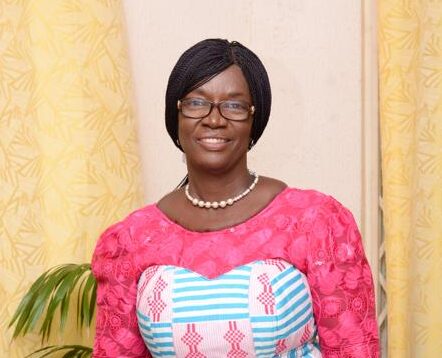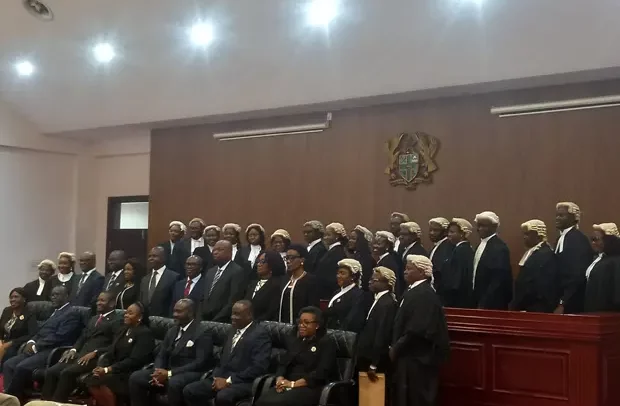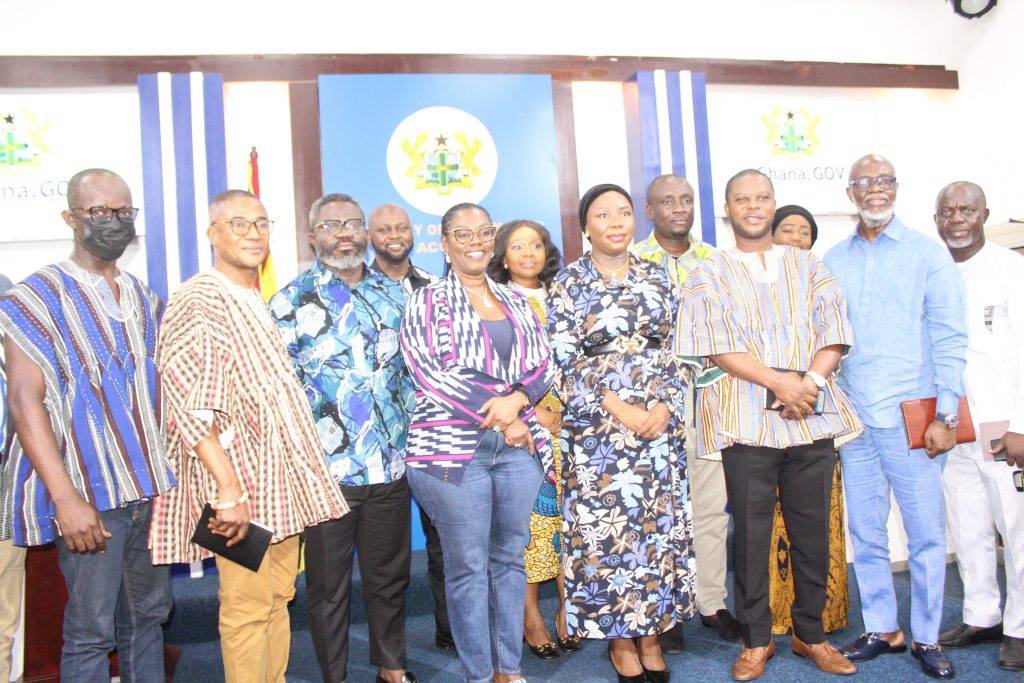
The Centre for Economic Research and Policy Analysis (CERPA) has released its independent review of the 2026 Budget Statement and Economic Policy presented to Parliament on 13 November 2025.
The analysis evaluates the budget’s macroeconomic assumptions, revenue and expenditure framework, growth priorities, and implementation risks. CERPA acknowledges the government’s focus on macroeconomic stability under the “Reset Agenda” while identifying critical gaps that must be addressed to unlock sustained, inclusive growth.
The 2026 Budget is framed around the theme “Resetting for Growth, Jobs, and Economic Transformation.” CERPA’s review finds that the budget builds on the macroeconomic gains achieved in 2025 – lower inflation, a more stable cedi, and improved fiscal balances – but does not fully articulate a strategic pathway toward long-term structural transformation and competitiveness.
Key Highlights from CERPA’s Review
- Revenue and Expenditure Outlook: Total revenue and grants are projected at GH¢268.1 billion in 2026, representing an 18.3% increase from 2025. Expenditure is expected to rise by 12.2% to GH¢302.4 billion. CERPA notes that revenue targets may be overly optimistic given recurring shortfalls.
- Fiscal Consolidation: The government aims for a 1.5% of GDP primary surplus and an overall deficit of 2.2% of GDP. CERPA considers this consistent with Ghana’s fiscal consolidation commitments but cautions that execution risks remain high.
- Growth Projections: The economy is expected to grow by 4.8% in 2026, driven by productivity gains and expanded development spending. CERPA stresses the need for stronger policies supporting agriculture, industry, and SMEs to realise this target.
- Debt Management: The budget includes strategies such as rebuilding the Sinking Fund, bond buy-backs, and limiting non-concessional financing. CERPA welcomes these measures but calls for clearer timelines and improved transparency in debt reporting.
- Social Protection and Infrastructure: The government maintains support for major social programmes including Free SHS, NHIS, LEAP, and School Feeding. Investments under the Big Push Infrastructure Programme and 24-Hour Economy initiative are expected to boost job creation.
Strengths Identified by CERPA
- Reforms to modernise revenue collection and strengthen tax administration.
- Continued improvement in inflation management and monetary policy coordination.
- Emphasis on digitalisation and e-commerce taxation as new revenue drivers.
- Commitment to fiscal responsibility under the amended Public Financial Management Act.
- Sustained support for social protection programmes.
Weaknesses and Risks
- Ambitious revenue projections amid historical underperformance.
- Rising interest costs that may widen the financing gap.
- Potential crowding-out of private sector financing due to domestic borrowing pressures.
- Insufficient focus on productivity-enhancing reforms for agriculture and manufacturing.
- Fragmented poverty reduction strategies without clear impact indicators.
CERPA’s Overall Assessment
CERPA concludes that the 2026 Budget sustains Ghana’s stabilisation trajectory but falls short of defining a bold, transformative agenda. To achieve long-term resilience, the government must strengthen implementation credibility, prioritise growth-enhancing investments, broaden export competitiveness, and address structural constraints that limit job creation and productivity.
You can access the full statement here
About CERPA
The Centre for Economic Research and Policy Analysis (CERPA) is an independent Ghana-based think tank committed to delivering rigorous, data-driven economic analysis and actionable policy recommendations that advance inclusive and sustainable national development.
The post CERPA’s independent review of Ghana’s 2026 Budget: Stability maintained but gaps remain in revenue, jobs and transformation appeared first on The Business & Financial Times.
Read Full Story





















Facebook
Twitter
Pinterest
Instagram
Google+
YouTube
LinkedIn
RSS